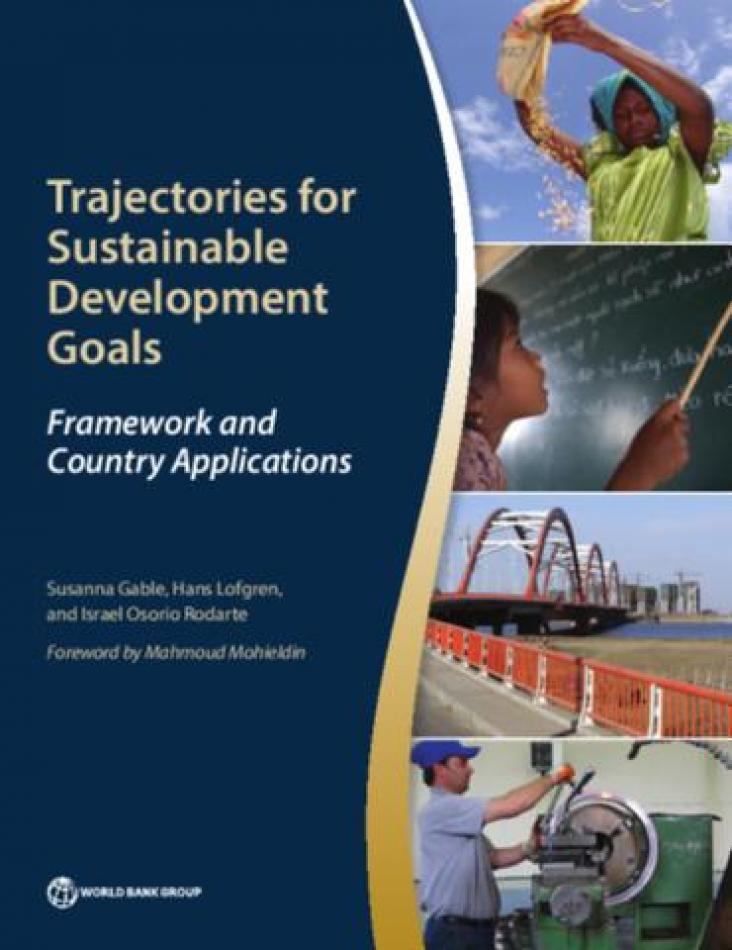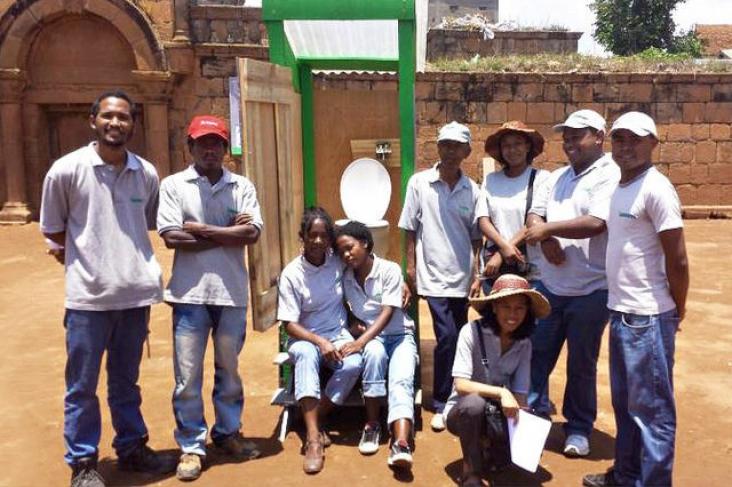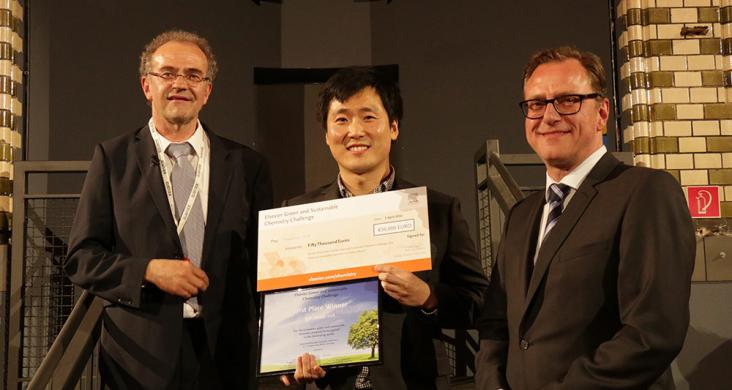




Critics claim that maize can cause unwanted environmental impacts. But supporters of the crop are able to show how by use of cover crops it can be grown responsibly, reducing or eliminating, for example, nutrient leaching and soil erosion. In south-west England, a Wessex Water project is using cover crops to protect and improve drinking water quality by working with growers whose farms surround boreholes and reservoirs that supply water for human consumption. Steps like this can contribute to SDG 6 to ensure sustainable management of water and SDG 12 to ensure sustainable production.


